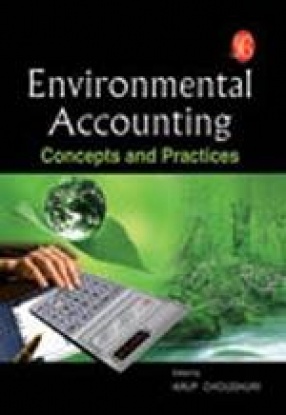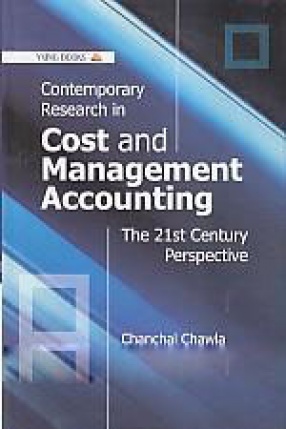In the past century, the world had witnessed large-scale damage to the natural environment championed by the corporate world. This destruction of nature was never reported to the stakeholders. The companies used to send annual reports to its shareholders. These reports comprised accounting information only. Financial reporting usually provides information on assets, liabilities, incomes and expenses. Financial accounting stands on a fundamental concept called “money measurementâ€. Money measurement concept prescribes to value anything, which can be translated in terms of money. The large-scale manufacturing companies occupy land by destroying natural environment. They cause pollution in every possible way. But nothing of it is reported in annual report as the natural assets and pollution cannot be valued in monetary terms. It was not only the limitation of accounting; most of the companies deliberately do not report these issues because it may lower the reported profit of the business. In the last decade, pressure from environmentalists, social groups and scientists made the management of some of the companies to realize that that they havd a role to play to save the mother earth. Corporate social responsibility and corporate environmental responsibility became two major decision areas of corporate management. Various frameworks of environmental management and reporting emerged in different corners of the world. The format put forward by GRI (Global Reporting Initiative) was considered to be easily acceptable. The format is known as “Triple Bottom Line†(TBL) accounting. This new method has challenged some age-old principles of financial reporting principles. This book provides the origin and development of this concept and endeavours to show the future of this corporate environmental concern with some well-conceived contributions from authors of different background.
Glossary of Economics
$13.50
$15.00





There are no reviews yet.